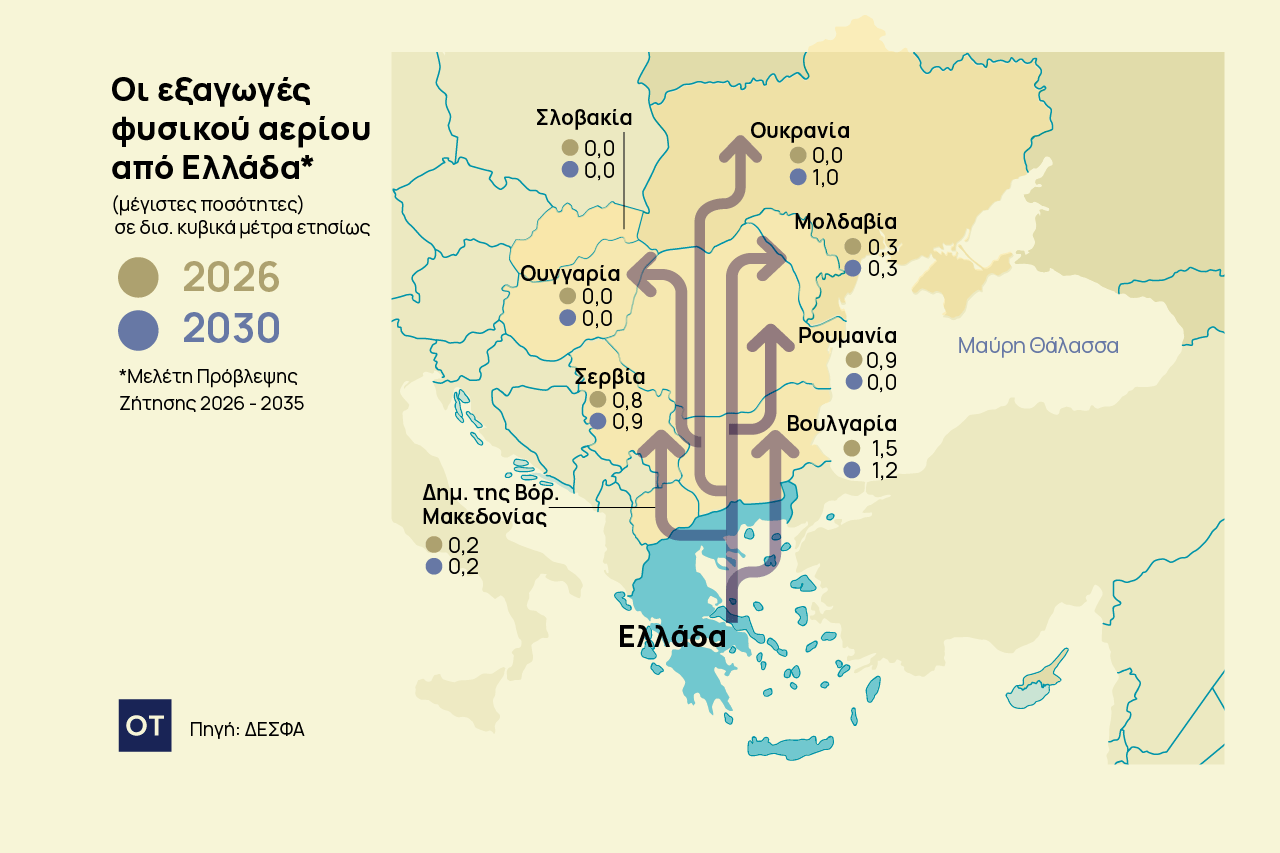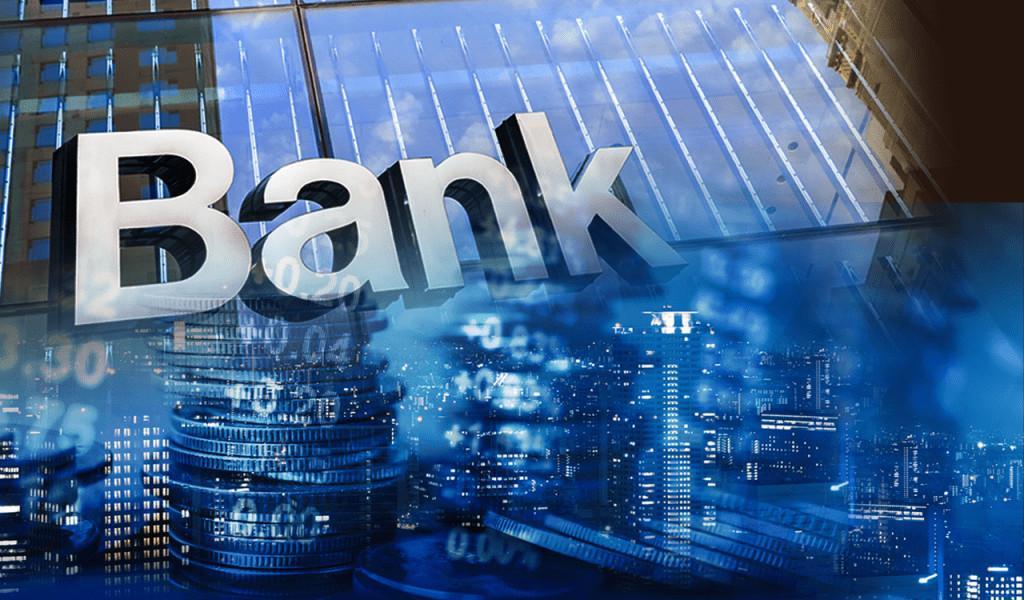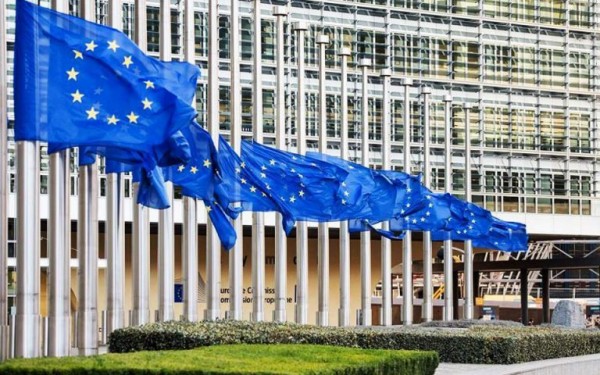In a world that does not tend to go digital but is already largely digital, with all human activities going through the internet, cloud and other digital infrastructure, it makes sense for threats to be digital as well.
Citizens, consumers, businesses of all sizes, public services, infrastructure are all connected to what we call the “web”. No matter how many facilities this web offers, there is always the possibility that it will turn into a trap for our personal data, our personal moments, our money, which we now also manage to a large extent digitally and electronically.
Risks for businesses
The same goes for companies that are required to balance between cybersecurity and production continuity. Features of the recent study “Kaspersky ICS Security Survey 2022: The seven keys to improving OT security outcomes“. Three out of ten (30%) companies choose to deactivate the cyber security program in case their production processes or automation systems are affected.
PwC’s 2022 Global Digital Trust Insights Survey argues that the majority of companies do not adequately manage cybersecurity risks, as these risks are overshadowed by the complexity of their processes and operations as well as their supplier networks.
In this study, 60% of senior executives from around the world state that they do not fully understand the risks of data breach, while respectively they understand little or not at all these risks at a rate of 20%. These findings sound the alarm in an environment where 60% of senior executives expect an increase in cybercrime in 2022.
It is noted that 56% of respondents report that their organizations expect an increase in malicious attacks and data breaches carried out through the software supply chain, however only 34% have officially assessed their business exposure to this risk. Respectively, 58% expect a vertical increase in attacks on their cloud services, but only 37% say they understand the risks of the cloud based on official assessments.
Most executives believe that training CEOs and boards to better meet their cybersecurity obligations is the most important step towards a more secure digital society by 2030.
The dangers for citizens
The situation is similar at the level of an ordinary user. According to a survey by Kaspersky, almost one in two (44.4%) Greek internet users encountered some form of cyber threat during the period January – March 2022. This puts Greece in 2nd place in the world in terms of risks associated with simple internet surfing, just one place behind Ukraine.
Every time users connect to the internet, they are likely to expose the information stored on their computer to viruses and other malware. These can infiltrate the computer while the user is downloading free software or browsing websites that have been compromised by cybercriminals or so-called network worms.
The latter can penetrate the computer as soon as it is connected to the internet, even before the user opens a web page or downloads a file. These types of malicious attacks, which occur through browsers, are called cyber threats.
The problem is obviously not Greek. According to the FBI’s Annual Crime Report, cybercrime losses are estimated at $ 7 billion by 2021. In 2020, the figure was estimated at $ 1.7 billion.
Throughout 2021, 847,376 complaints were registered in the US, most of them related to ransomware attacks and attacks on corporate email accounts. Attackers usually ask for ransom in a cryptocurrency.
The increase in complaints compared to 2020 is of the order of 7%, while it is estimated that every day a number of more than 2,300 complaints were submitted.
The so-called “romantic scams” brought complaints from 24,299 victims who experienced financial losses of $ 956 million, the third largest amount recorded in this year’s report. This includes 18,000 complaints related to sexual harassment (sextortion) with individual losses amounting to $ 13.6 million.
Obviously for all the above there are solutions and answers that will be formulated in the 2nd OT Forum “Meta Living”.





































